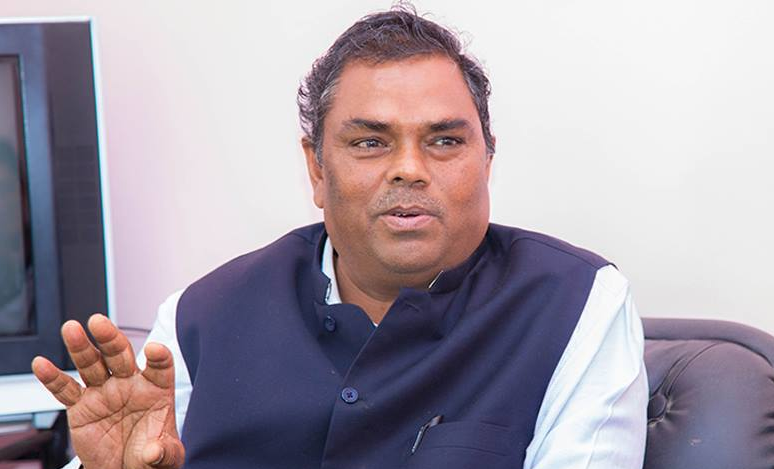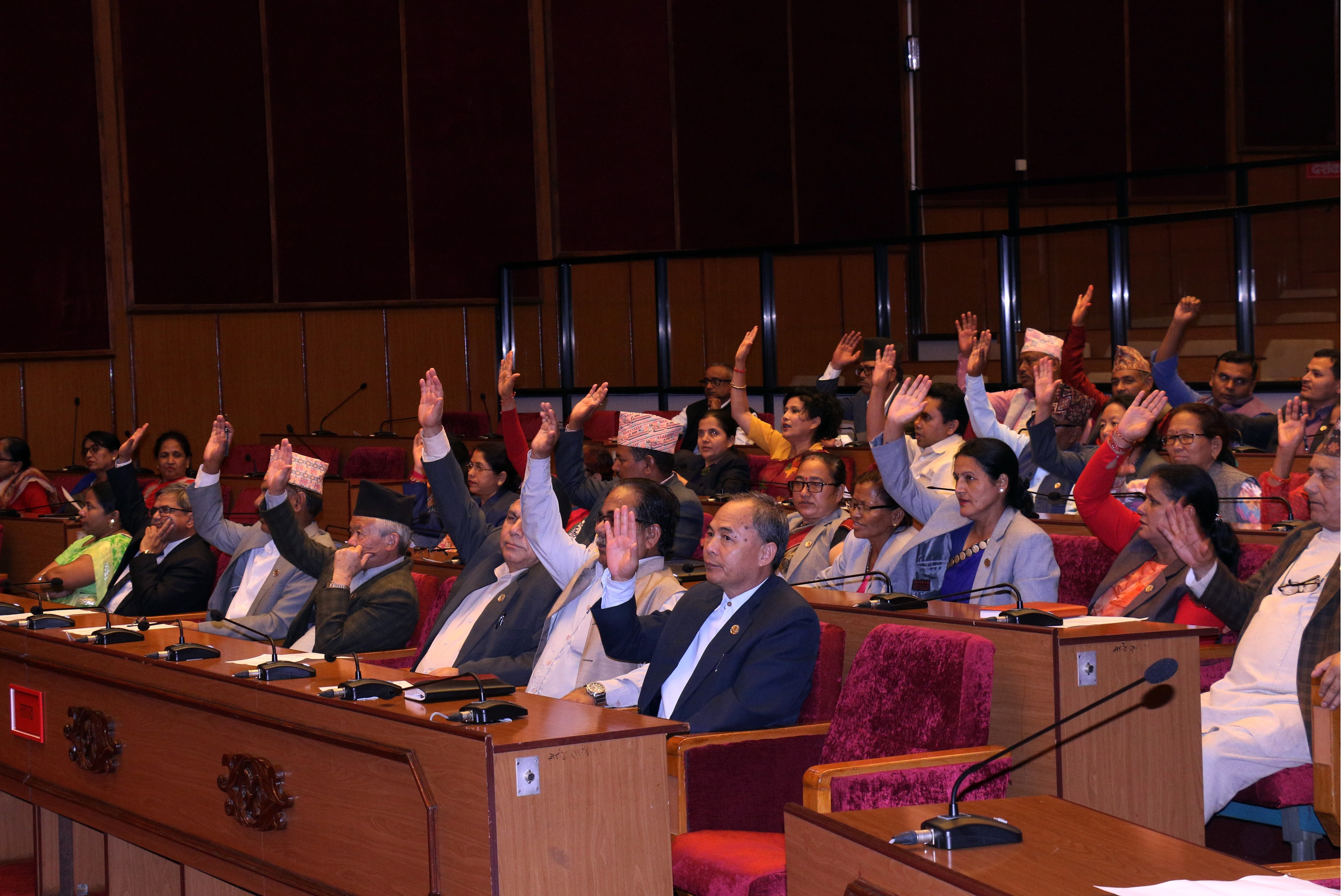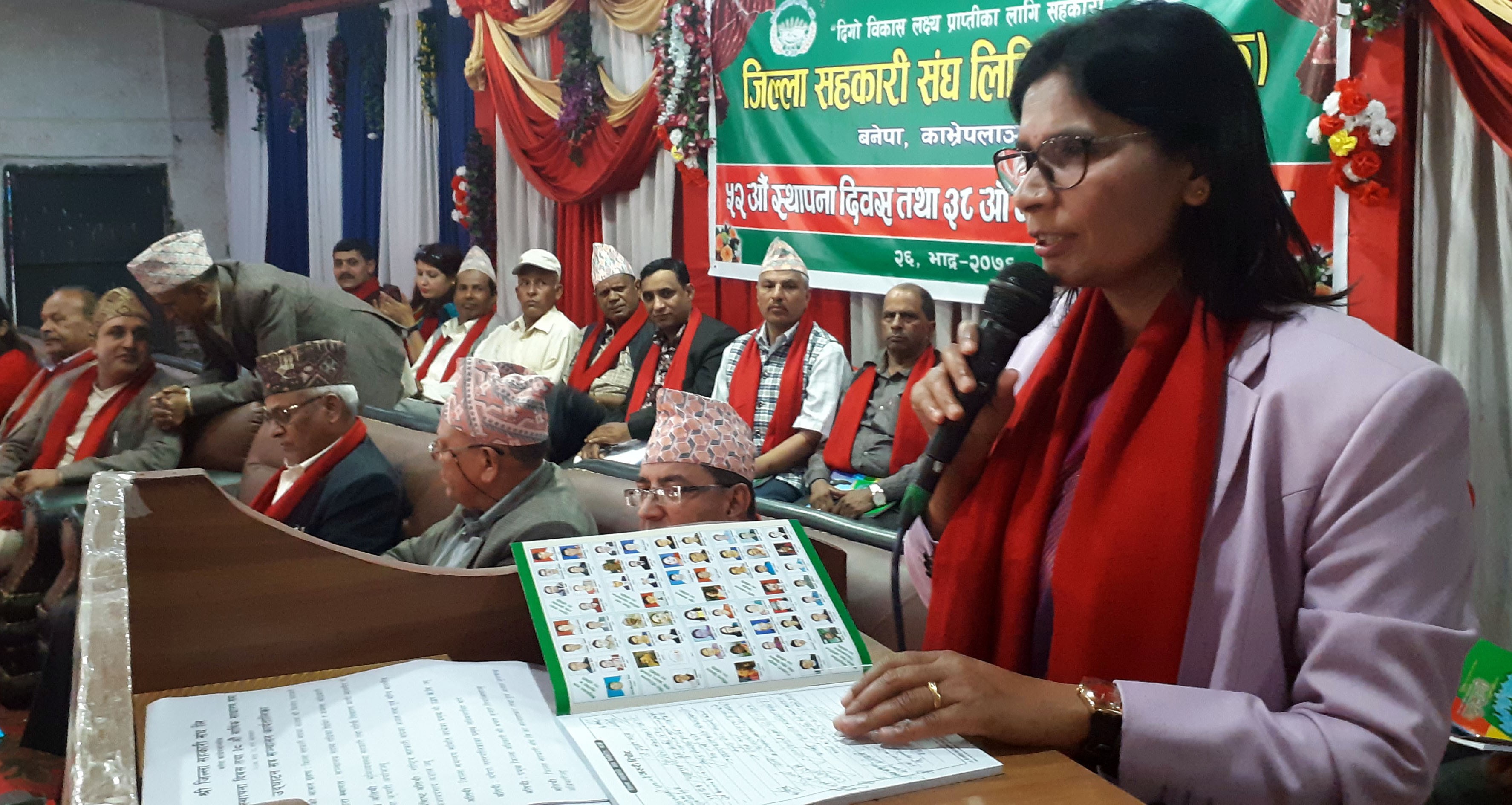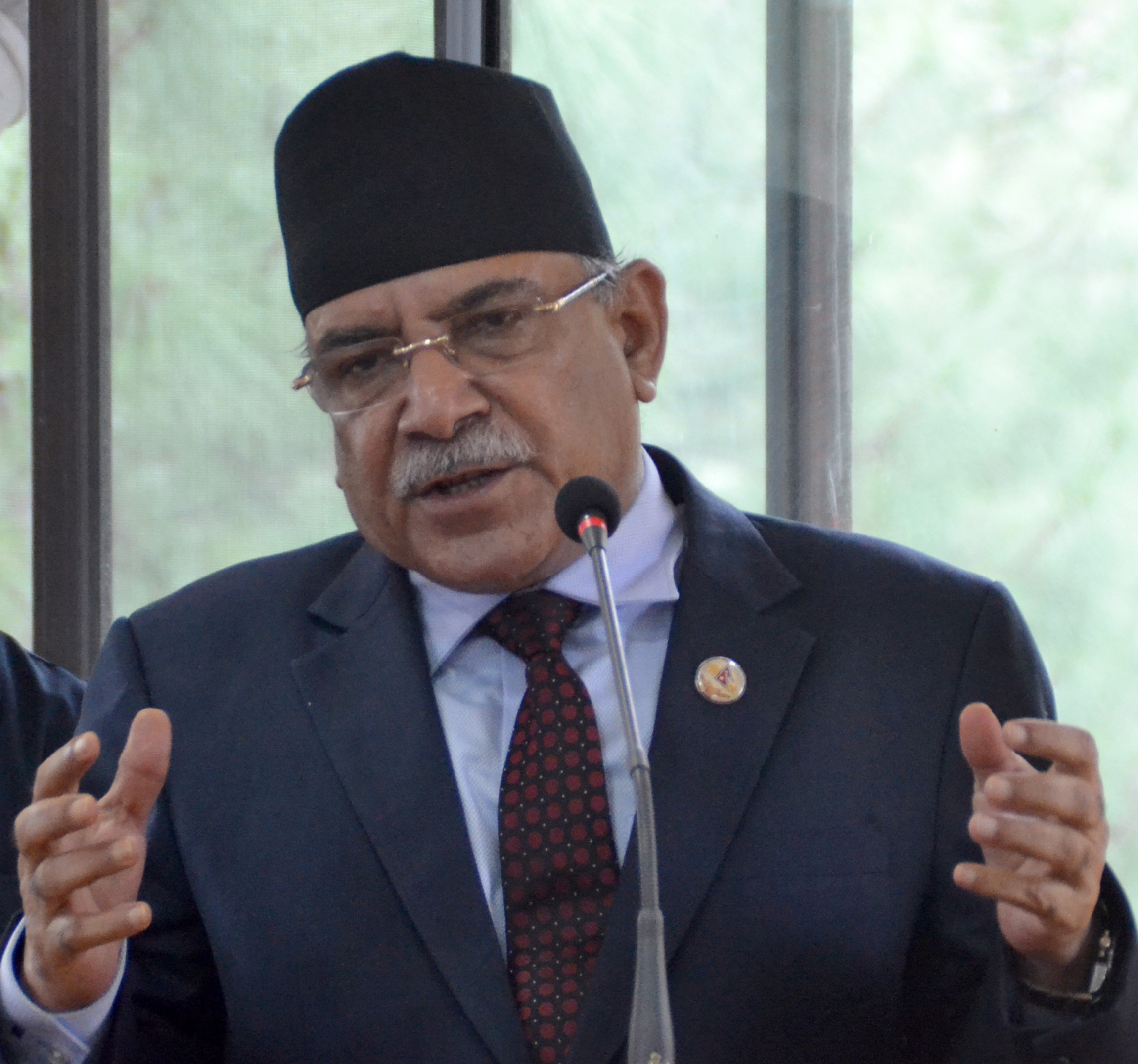Government, World Bank sign Rs 2.14 billion loan agreement

Kathmandu, Feb 25: The government has signed an agreement for a second additional concessional loan financing of Rs 2.14 billion ($18 million) with the World Bank (WB).
The agreement was signed today by finance secretary Madhu Kumar Marasini and WB country director Faris Hadad-Zervos on behalf of their respective sides amidst a programme at the Ministry of Finance.
As the Ministry said, the loan is for COVID- 19 Emergency Response and Health Systems Preparedness (CERHSP) Project. It hopes the use of the proposed loan assistance will further facilitate the expansion of the comprehensive vaccination campaign against COVID-19 by the government and will help in purchasing safe and effective vaccines for the age group above 5 years.
“Nepal has responded expeditiously to the continuously changing environment triggered by the pandemic. It has recorded impressive gains in both primary series COVID-19 vaccination for all populations: 12 years and above as well as booster doses for its most vulnerable populations.
This second additional financing will support Nepal to scale up its vaccination efforts to cover its child populations as well," stated Marasini on the occasion.
According to the Ministry, the proposed second additional concessional loan Financing and CERHSP project share a common objective of preventing, detecting, and responding to the threat posed by COVID-19 and strengthening the systems for public health preparedness in the nation. The CERHSP project and its additional financing will continue to be implemented under the leadership of the Ministry of Health and Population by the Department of Health Services and associated institutional bodies.
"l am very pleased that the World Bank in its continued partnership with Nepal, and through this additional Financing will make available safe and effective vaccines to a larger proportion of the population. This is very critical as new variants of the coronavirus continue to pose a threat to people’s safety and livelihoods and exhaust public health systems", WB Country Director responded.
Recent News

Do not make expressions casting dout on election: EC
14 Apr, 2022
CM Bhatta says may New Year 2079 BS inspire positive thinking
14 Apr, 2022
Three new cases, 44 recoveries in 24 hours
14 Apr, 2022
689 climbers of 84 teams so far acquire permits for climbing various peaks this spring season
14 Apr, 2022
How the rising cost of living crisis is impacting Nepal
14 Apr, 2022
US military confirms an interstellar meteor collided with Earth
14 Apr, 2022
Valneva Covid vaccine approved for use in UK
14 Apr, 2022
Chair Prachanda highlights need of unity among Maoist, Communist forces
14 Apr, 2022
Ranbir Kapoor and Alia Bhatt: Bollywood toasts star couple on wedding
14 Apr, 2022
President Bhandari confers decorations (Photo Feature)
14 Apr, 2022











